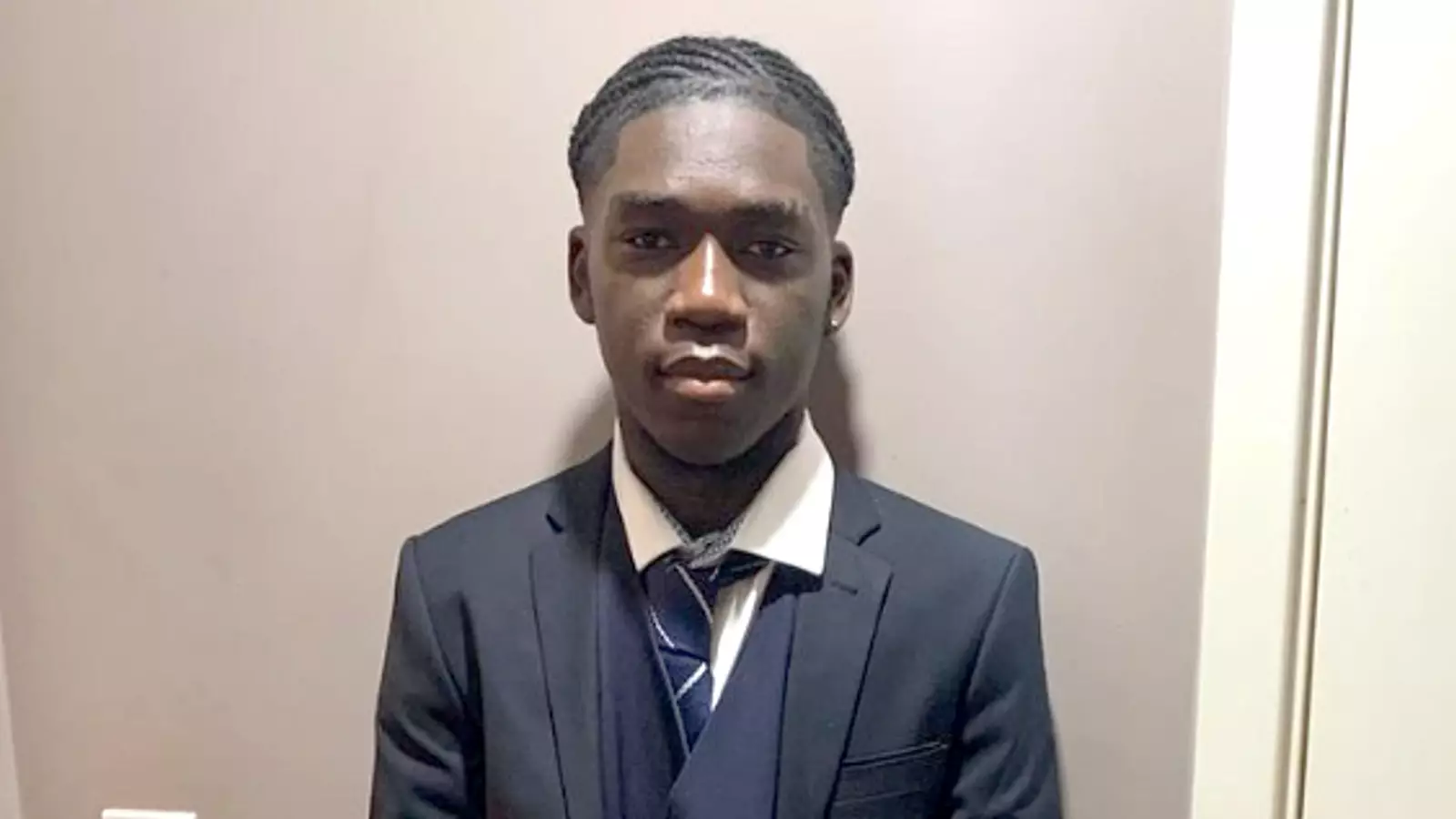In a controversial incident that has garnered international attention, British teenager Marcus Fakana, at the age of 18, has been sentenced to a year in prison by a Dubai court. The case revolves around a romantic encounter with a 17-year-old girl, also from London. Their connection is said to have blossomed while Marcus was on holiday with family in the United Arab Emirates (UAE). However, the affair swiftly took a turn for the worse when the girl’s mother discovered their communications, leading to the girl’s legal guardianship invoking the law.
The narrative around this incident raises numerous questions about the complexities of cultural norms, legal frameworks, and parental authority in different countries. In the UAE, the age of consent is strictly enforced at 18 and minor offenses often lead to severe consequences, further complicating a situation that may have seemed innocuous to the parties involved.
The reality of Marcus’s arrest revealed significant cultural disparities. The circumstances surrounding the police intervention—where officers arrived at the family’s hotel to take Marcus into custody—demonstrate how cultural expectations can shape legal procedures and outcomes. Marcus had hoped to keep his relationship with the girl covert due to her family’s strictness, yet the very attempt to protect their secret led to dire consequences.
A campaign group, Detained In Dubai, took on Marcus’s case, indicating an advocacy effort in response to what many perceive to be a harsh legal system. Rajda Stirling, the head of the organization, has been vocal about the potential impact that a year in Dubai’s al Awir prison could have on someone so young. Her concerns highlight the psychological and emotional ramifications that imprisonment can impose, especially on adolescents navigating their identity and freedom.
UK Foreign Secretary David Lammy’s response to the situation has sparked debate as he emphasized the importance of adhering to local laws, suggesting that tourists must familiarize themselves with the legal expectations of the countries they visit. This response, while grounded in a pragmatic understanding of international travel, raises concerns about the extent of support that can be provided to citizens facing legal issues abroad. Marcus’s hope for intervention from the Foreign Secretary and the British embassy underscores a perceived inadequacy in support offered given the gravity of his situation.
Stirling’s efforts to mobilize support indicate a broader cultural struggle to understand foreign legal systems and the protections they afford—or fail to afford—individuals caught within. Marcus’s statement expressing gratitude to those who supported him exemplifies the communal aspect of his ordeal, showing how solidarity can provide comfort amid distressing challenges.
The case reflects a broader narrative about international youth culture and the complexities it faces in an age where relationship dynamics are rapidly evolving. The transformation of romantic relationships, especially among teenagers, often blinds individuals to the potential legal repercussions they may face in foreign jurisdictions. This misunderstanding can lead to scenarios where what might be considered a light-hearted romantic connection in one culture is perceived differently in another.
Furthermore, the ramifications of penal consequences on a young individual’s life trajectory cannot be understated. With the increasing globalization of culture and travel, young people must navigate a world filled with diverse legal and social environments. This may call for more comprehensive educational efforts regarding cultural sensitivity and the legal differences encountered abroad.
The story of Marcus Fakana serves as a cautionary tale, illustrating the complexities that arise when cultural practices, legal frameworks, and the innocence of youth collide. As we engage with the realities of globalization, it becomes increasingly critical to foster an understanding of how laws differ internationally and the specific requirements that apply to visitors. For Marcus, the hope for a pardon from Dubai’s ruler indicates an avenue for compassion and reconsideration within the legal system.
This incident shines a light on the urgent need for dialogue about how best to protect young individuals abroad while ensuring they understand the need to respect and adhere to local laws. As cases like Marcus’s come to the forefront, society must examine how to better equip youth to navigate their rights and responsibilities in a diverse world.


Leave a Reply